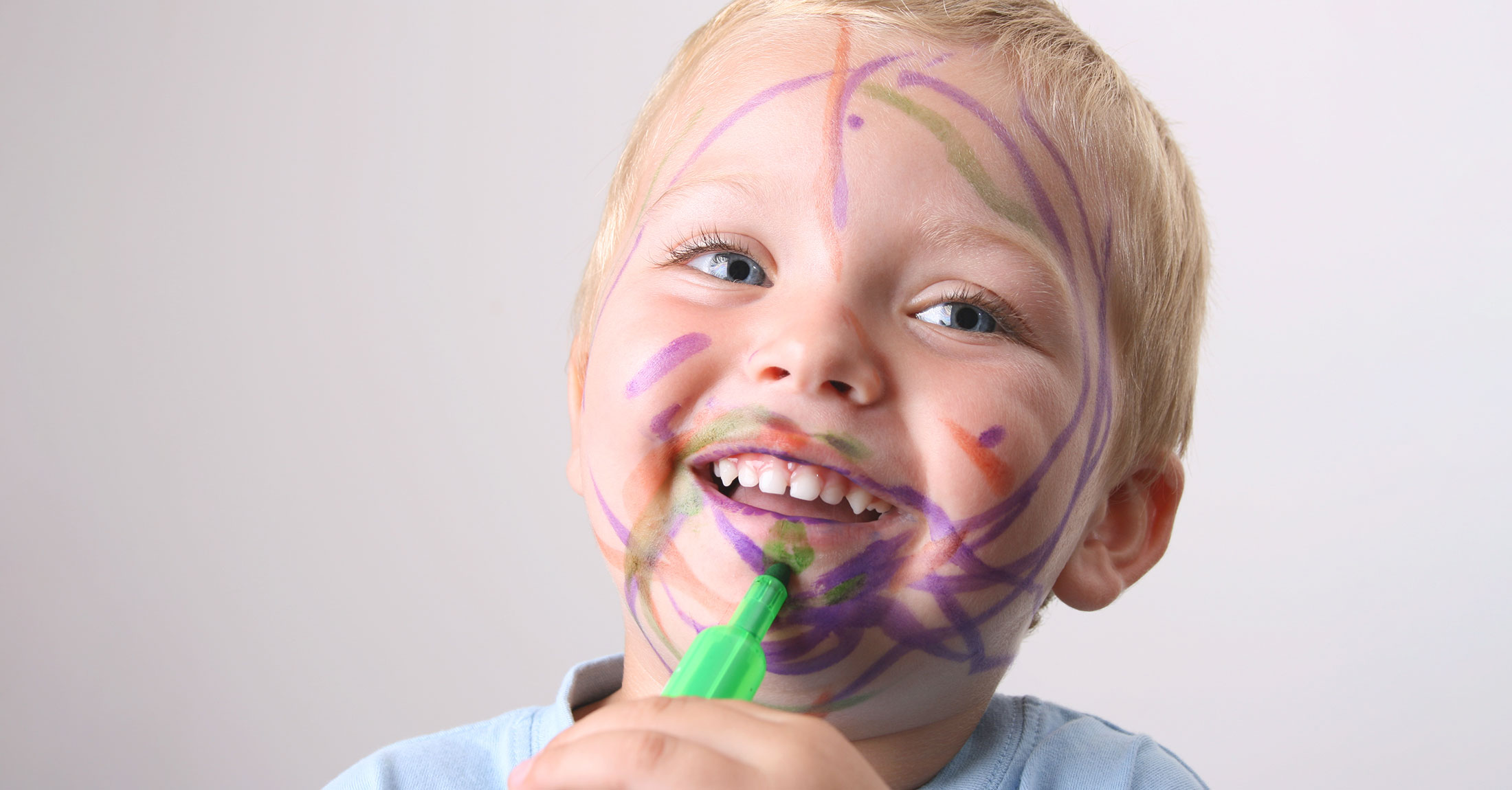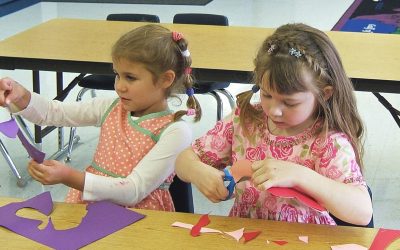“That’s another fine mess you’ve gotten me into.”
~ Comic Actor Oliver Hardy
FOR ADULTS—A FINE MESS…
Curtis is a professional colleague who is involved in helping businesses grow, and he introduced me to the term “sloppy success.” He explained that in the business world, the best plans don’t always come true, and that it’s better to be open to the idea that unusual or unanticipated things sometimes happen, even when there’s structure. For example, people become sick, meetings get postponed, Internet connections are unstable, or the power goes out.
Do you get frazzled when these things occur? How do such incidents affect your productivity and outlook?
In the everyday world, learning to operate without relying on perfect structure can be good. Traffic lights malfunction, and people drive extremely cautiously. Gatherings are delayed, and it allows for more preparation time. Computers crash, and individuals and groups find other ways to communicate, acquire information, and proceed. Learning to accept the unexpected leads to increasing resilience, and to being able to respond more effectively the next time things don’t go smoothly.
FOR KIDS—ALSO A FINE MESS…
Does “sloppy success” apply to children’s learning contexts as well? Absolutely! Going from mess to success is a fun and unique way of thinking AND doing. Imagine tossing together a bunch of leftover ingredients and creating an original culinary delicacy. Try messing with game rules or song lyrics, and you might discover a version that’s better than the original.
Some of the finest paintings begin with a messy jumble of paint blotches.
Exciting stories can evolve without set frameworks.
Ask kids, “What can you create?”
Assure them that if they want to invent their own wacky format, or design a silly hat or distinctive costume, or start out “sloppy,” they can tidy up later. (Be sure to encourage them to do so!)
MANAGING THE MESS…
“I have a messy mind. My writing is a process of cleaning up the mess and then slowly making a story.”
~ Author Judy Blume
“It appears that creativity—even at the genius level—is a messy business.”
~ Cognitive Psychologist Scott Barry Kaufman
Here are three tips—for adults and for kids:
1. Show resolve.
Learn to function well when there’s little or no structure. This can be complicated and daunting—especially for those who tend to like things “just so.” (For example, that’s me—in some situations.) Disorganization, lack of guidelines, or a cluttered desk or art table can result in trial-and-error experiences including, quite possibly, backward slides, or steps in the wrong direction. Persist, even when the road ahead is uncharted or destinations are unclear. Great journeys are often ad hoc, not predetermined.
2. Be aware of when and where messy dynamics are NOT prudent!
Certain contexts and situations do NOT tolerate or forgive sloppiness. Health care, policing, construction, lifeguarding, driving a vehicle… These are just a few of MANY circumstances wherein sloppiness or lack of attention to detail can be life threatening. Not okay!
3. Enjoy a mess—when possible.
Not everyone can or will embrace messiness. However, creative expression can be a sloppy process, and wonderful opportunities may be had by romping freely through mud puddles; participating in musical jam sessions; splattering paint; or trying an improv performance. Doodle; dabble; splash; experiment; write with your other hand; brainstorm ideas; dance wildly; step outside your comfort zone; get in touch with your creative side; and be open to letting messiness bring you happiness, and creative fulfilment!
Author’s Note:
This article is updated from one written by Dr. Joanne Foster that was featured in issues of Best Version Media’s Neighbours Magazines, and distributed across Ontario, Canada.








